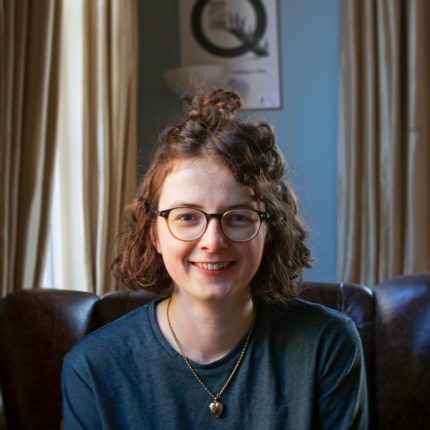People with lived experience of mental health difficulties are experts by experience. And students are experts on the student experience.
In recent years there has been a media narrative describing students as either ‘generation snowflake’ or ‘vulnerable youngsters in crisis’, neither of which acknowledges the complexity of the current issues, or recognises that students vary in terms of their identities, ages and needs. We know that in mental health different things work for different people, and that recovery and well-supported mental health is often context dependent.
To support good mental health in students, and change the narrative, we have to understand students’ context and experiences. Meaningful engagement means we can understand the perspective of students, without which we neglect the reality of student mental health.
Creating solutions together
Historically, those receiving mental health care have been denied agency and their rights in terms of patient engagement. They have been viewed as recipients, as opposed to active partners, in their care. Student Minds’ new guide advocates that universities, as settings in which students receive support, should empower students to become partners in decision making. Universities have an opportunity to set high standards in terms of service-user engagement.
If we truly listen to, and understand, the lived experience of students, we can create innovative and powerful solutions to the challenge of improving mental health in our university communities. That’s why we’ve published “Co-producing mental health strategies with students: A Guide for the Higher Education Sector” with the support of HEFCE’s (now OfS) Catalyst Fund.
Confronting hesitations
There is a perception that “students don’t understand mental health” like clinicians might and may not be “knowledgeable enough to contribute.” To this we say, co-production is about bringing together clinical expertise with lived expertise to produce more effective interventions and support. It is from understanding students’ experiences that we can design a whole university approach that meets students’ needs.
Another belief is that student-led research is less valid, or that leadership may not take the work seriously. In our work we often find that the stories of students are a key factor in changing perceptions about the importance of taking university mental health seriously. Student-led research can be carried out with as much methodological vigour as any other research. Our co-production work has enabled university staff to use the learning to challenge or supplement and add richness to pre-existing data. Our guide presents a way through these – and other – barriers.
Everybody wins
Practicing meaningful student engagement and co-production can bring about a number of benefits for both students and universities. For the university community, it can improve relevance of strategy, policy and practice and therefore increase the success of this work. It can also help to ensure that the university community is working to a shared set of outcomes, in partnership with local health care.
For students, one of the outstanding benefits of co-production is its capacity to improve health outcomes and mental health literacy. And being a part of high-level strategy development can lead to improvement in almost every aspect related to their university experience. Their education, extracurricular activities, and future lives as leaders and changemakers all benefit from the skills they develop through co-production.
Engaging students isn’t always easy – but as a sector we must persist and ensure we are engaging a diverse range of students to ensure collective and representative voices are heard.














